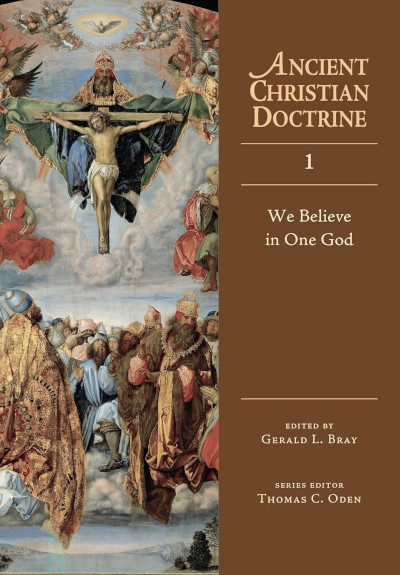Answers from the Whole Bible
 Reprinted with permission from the Baptist Bulletin Sept/Oct ‘10 issue. All rights reserved.
Reprinted with permission from the Baptist Bulletin Sept/Oct ‘10 issue. All rights reserved.
I enjoy talking with children. It’s fascinating to look at life through their lens. To prime the conversation pump when first meeting them, I will ask kids questions such as, What is your favorite subject in school? What do you like to do when you are not in school? and a favorite question, What do you want to do for a job when you graduate? Kids have some common favorite subjects, after-school activities, and employment aspirations. However, it doesn’t require a PhD research grant to realize that kids are different. Some children like to read, some like science, while others are fascinated with history or geography. Some kids like to dabble with mechanics, some prefer sports, while others like music, art, or drama. Kids have indicated to me a multitude of career choices; they want to be nurses, singers, carpenters, teachers, missionaries, doctors, farmers, and, of course, pro basketball players and firefighters!
Certain educators argue for an interest-based approach to education. They design their instructional program around a child’s aptitude or inclination. However, most educators believe that a general education on the elementary and secondary levels, which provides instruction in a wide range of core subjects, equips a student in the long run for life.
 Republished with permission from
Republished with permission from 
 The following is a sermon delivered by Pastor Joel Earl at the GARBC Annual Conference, Wednesday morning, June 23, 2010.
The following is a sermon delivered by Pastor Joel Earl at the GARBC Annual Conference, Wednesday morning, June 23, 2010. Read
Read 
Discussion